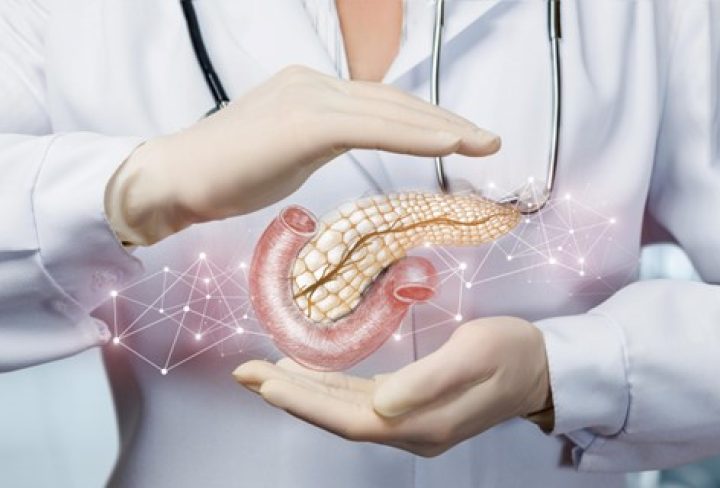Pancreatitis is a condition characterized by the inflammation of the pancreas, a glandular organ located behind the stomach. It plays a significant role in digestion and hormone regulation. Pancreatitis can manifest as acute or chronic, both with distinct features and underlying causes.
Acute pancreatitis is characterized by sudden and severe inflammation of the pancreas that typically lasts for a short duration. The most common causes include gallstones and excessive alcohol consumption. Other factors, such as high levels of triglycerides in the blood, certain medications, infections, trauma, and genetic factors, can also contribute to its development. The primary symptom of acute pancreatitis is intense abdominal pain, often radiating to the back, accompanied by nausea, vomiting, and fever. Elevated levels of pancreatic enzymes, such as amylase and lipase, in blood tests confirm the diagnosis. In severe cases, complications like pancreatic necrosis, pseudocysts, or organ failure may arise.
Chronic pancreatitis, on the other hand, is a persistent inflammation of the pancreas that occurs over an extended period. Long-term over usage of alcohol is the most common cause of chronic pancreatitis, although other factors such as genetic disorders, certain autoimmune conditions, and recurring episodes of acute pancreatitis can also contribute to its development.
Symptoms of chronic pancreatitis include:
- Abdominal pain
- Weight loss
- Diarrhea
- Greasy stools (steatorrhea)
- Diabetes due to impaired insulin production
The treatment approach for pancreatitis depends on the type and severity of the condition. In acute pancreatitis cases, hospitalization is often required to manage pain, provide intravenous fluids, and allow the pancreas to rest. Patients are typically advised to avoid oral intake for a few days to allow the inflammation to subside. In severe cases, surgical intervention may be necessary to drain fluid collections, remove gallstones, or perform pancreatic necrosectomy. Lifestyle changes like abstaining from alcohol and adopting a healthy diet, are crucial in preventing further episodes.
Chronic pancreatitis treatment focuses on pain management, enzyme replacement therapy to aid digestion, and addressing any underlying causes. Patients may require dietary modifications, including a low-fat diet and pancreatic enzyme supplementation to improve nutrient absorption. In advanced cases with pancreatic insufficiency, insulin therapy may be necessary to manage diabetes.
Prevention plays a vital role in pancreatitis management. Limiting alcohol consumption
- Maintaining a healthy weight
- Avoiding smoking
- Managing conditions like high triglycerides can reduce the risk of developing pancreatitis.
- Regular medical check-ups, particularly for individuals with a history of gallstones or alcohol abuse, are essential for early detection and intervention.
In conclusion, pancreatitis is a complex condition involving the inflammation of the pancreas. Acute and chronic pancreatitis differ in their duration, symptoms, and underlying causes. Timely diagnosis, appropriate treatment, and lifestyle modifications are crucial for managing pancreatitis effectively and preventing complications. If you experience persistent abdominal pain or other symptoms associated with pancreatitis, it is essential to seek medical attention for proper evaluation and care.
